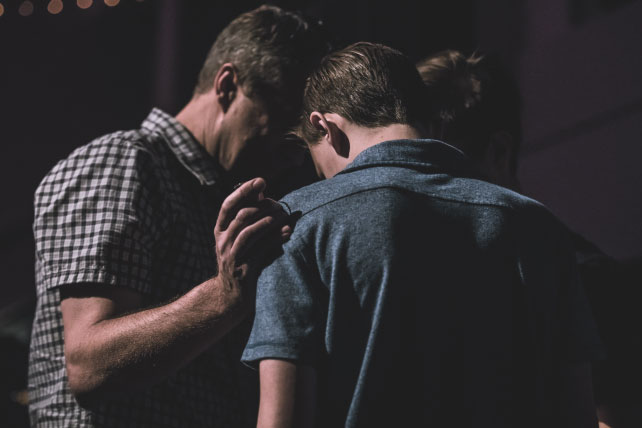If you think community is an important part of healthy church life, and I hope you do, then small groups should also be important to you. They are actually crucial to the church’s health. I’m not the only one who thinks so—we have the research to back it up.
4 Reasons Small Groups Are Vital to Your Church’s Health
For the book Transformational Groups, which I co-authored with Eric Geiger, we conducted a survey of churchgoers in the United States and Canada. The results were telling.
Almost 8 in 10 (79 percent) of those surveyed agreed that small groups are very important in the church. Two-thirds said that their church regularly starts new small groups.
We saw widespread agreement, but perhaps not widespread engagement.
What’s the Right Engagement?
Some would say that 50 percent of your Sunday morning attendance should be in small groups. I would say that that is low, because I believe all of the people who are involved in your church should also be plugged into small community in whatever form you offer it.
Realistically, though, I don’t think that 70 percent is an unreachable goal for churches that rightly emphasize small groups. I’ve been in traditional churches with 94 percent involvement in small groups (in this case, Sunday School). That’s a lot, but it’s doable. And it’s important because relationships within the church body are important.
Why It Matters?
I find that a lot of Christian discipleship deals with what you need to know, not who you need to be with. That is sad, because if we get the relationships right, the information will follow. If we connect people in real gospel community, they will learn. But the opposite is not always true.
We’re too often concerned only with conversion and information download, and we don’t take community and relationship-based discipleship seriously enough.
You can’t build community by way of programming, but you can use a program to create a pathway through which community can happen. Maybe you should read that sentence again; the difference in the two is subtle.
Programs do not community make. However, programs can create the pathway—the opportunity—for birthing healthy community.
The Value of Community
When we preach the gospel to one another in close-knit community, there is spiritual growth that changes us individually and as a whole. That change causes us to position for an outward focus and encourage gospel transformation in the communities outside the church walls.
As much as I love gathering with the whole of the local church for corporate worship, there is something powerfully unique about an intimate gathering around a living room, a small classroom or a dining room table that forces us to think differently than when we are in a big room for worship.

